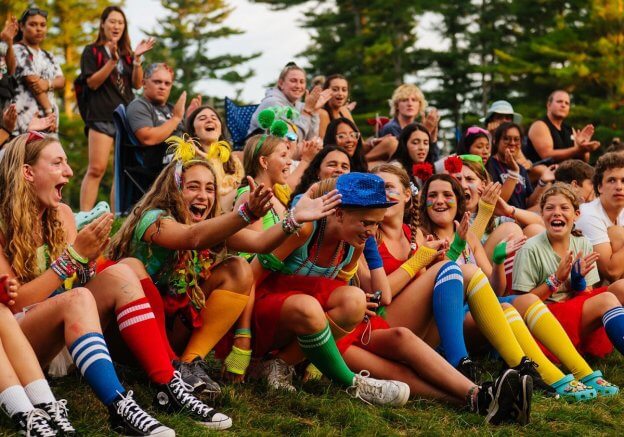In today’s digital age, children are spending more and more time in front of screens, whether it’s watching TV, playing video games, or using social media. While technology has its benefits, it’s important for children to have a break from screens, especially during the summer months when they have more free time. Here are some ways a screen-free summer can help kids be better friends:
Encourages face-to-face interactions: When children are not distracted by screens, they are more likely to engage in face-to-face interactions with their friends. This can help build stronger connections and improve social skills such as communication, empathy, and problem-solving.
Fosters creativity: Without the constant stimulation of screens, children are forced to find other ways to occupy their time. This can lead to more imaginative play and creative activities, which can foster a sense of camaraderie among friends as they work together to create and explore.
Builds independence: When children are not constantly entertained by screens, they are forced to rely on themselves and their friends for entertainment. This can help build independence and encourage children to take the initiative to plan and execute their own activities, which can lead to a greater sense of accomplishment and confidence.
Promotes physical activity: Screen time often leads to a sedentary lifestyle, which can have negative impacts on physical health. A screen-free summer encourages children to be more active and engage in outdoor activities with friends, which can improve physical health and well-being while also strengthening friendships.
Reduces social comparison: Social media can create pressure for children (and especially teens!) to compare themselves to their peers, which can be detrimental to self-esteem and lead to feelings of jealousy or inadequacy. A screen-free summer can provide a break from this constant social comparison and allow children to focus on building authentic relationships with their friends.
In conclusion, a screen-free summer can have many benefits for children, including improved social skills, creativity, independence, physical health, and self-esteem. By spending more time engaging in face-to-face interactions, being active, and using their imaginations, children can build stronger friendships and develop important life skills.
 Camp Birchmont
Camp Birchmont

